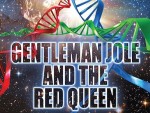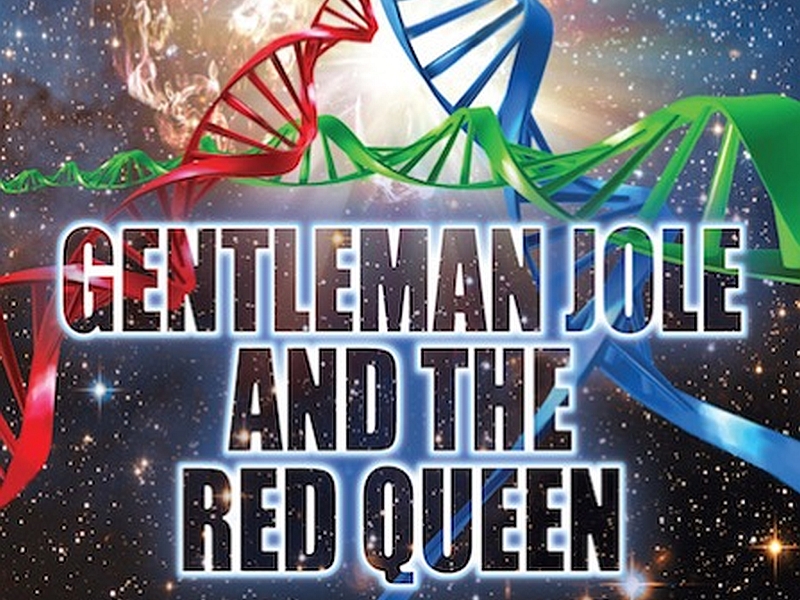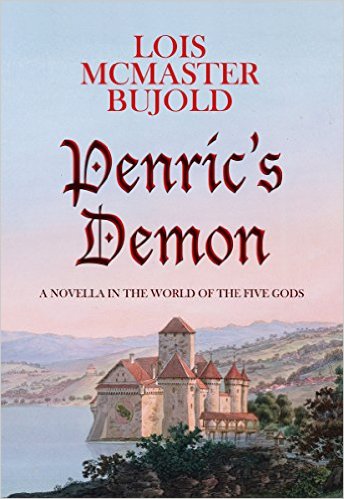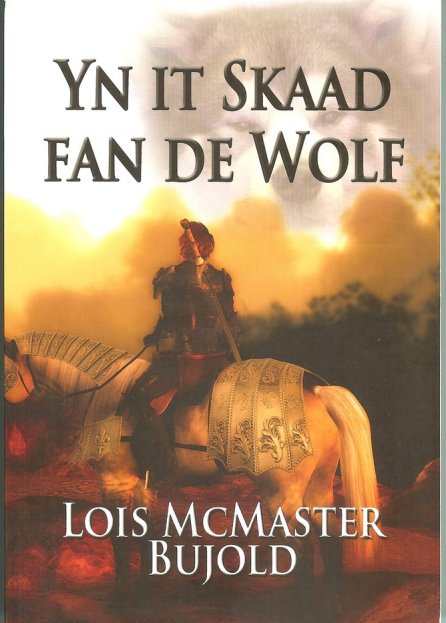In Forbes, Hayley C. Cuccinello traces the early beginnings of the fan fiction community from Kirk-slash-Spock to Fifty Shades and beyond:
For the uninitiated, fanfiction is fiction written by a fan that features characters from a particular mythical universe such as a TV show or book. Its cousin, real person fiction (RPF), portrays actual individuals — typically celebrities — such as Harry Styles from One Direction.
Though the Fifty Shades itself has been dismissed by many as “mommy porn” and “the Great Idiot American Novel,” James is the most commercially successful fanfiction author of all time. After removing references to Twilight from Master of the Universe, a practice known as “filing off the serial numbers,” E.L. James published the renamed Fifty Shades of Grey with Writer’s Coffee Shop, an independent Australian publisher that was created by fans to commercially publish their work.
The results were astonishing. To date, James has sold over 70 million copies worldwide, including print, e-books and audiobooks. In 2013, Forbes named E.L. James the highest-paid author in the world, with $95 million in earnings, thanks to her massive book sales and a seven-figure paycheck for the first movie adaptation. In 2016, E.L. James was the eighth highest-paid author in the world, earning $14 million in 12 months, which brings her four-year total earnings to a whopping $131 million. With Fifty Shades Darker now showing in U.S. theaters – and hitting the international box office on Valentine’s Day – James’ fortunes will only continue to grow.
[…]
“Kirk and Spock are the granddaddies of slash fanfic, which goes all the way back to when fans were writing it out and handing it to each other at conventions,” says Andi VanderKolk, co-host of the Women At Warp podcast. Some authors collected their works into fanzines that were typically sold at cost.
Many fanzine authors would later find professional careers. Lois McMaster Bujold, writer of sci-fi series the Vorkosian Saga, contributed to numerous Star Trek fanzines in the late 1960s. Sci-fi and fantasy author Diane Duane, who has authored over 10 Star Trek novels, previously wrote fanfiction.
There are many other examples outside the Star Trek universe. Darkover author Marion Zimmer Bradley not only allowed fanworks but published a few of them in official Darkover anthologies. Television writer and producer Stephen Moffat, a former Doctor Who showrunner and current showrunner for Sherlock, previously wrote fanfiction. “I refuse to mock [fanfiction], because I’m a man who writes Sherlock Holmes fanfiction for a living,” Moffat told Entertainment Weekly last year.







